As women from Kong won colonial history – BBC News in Serbian
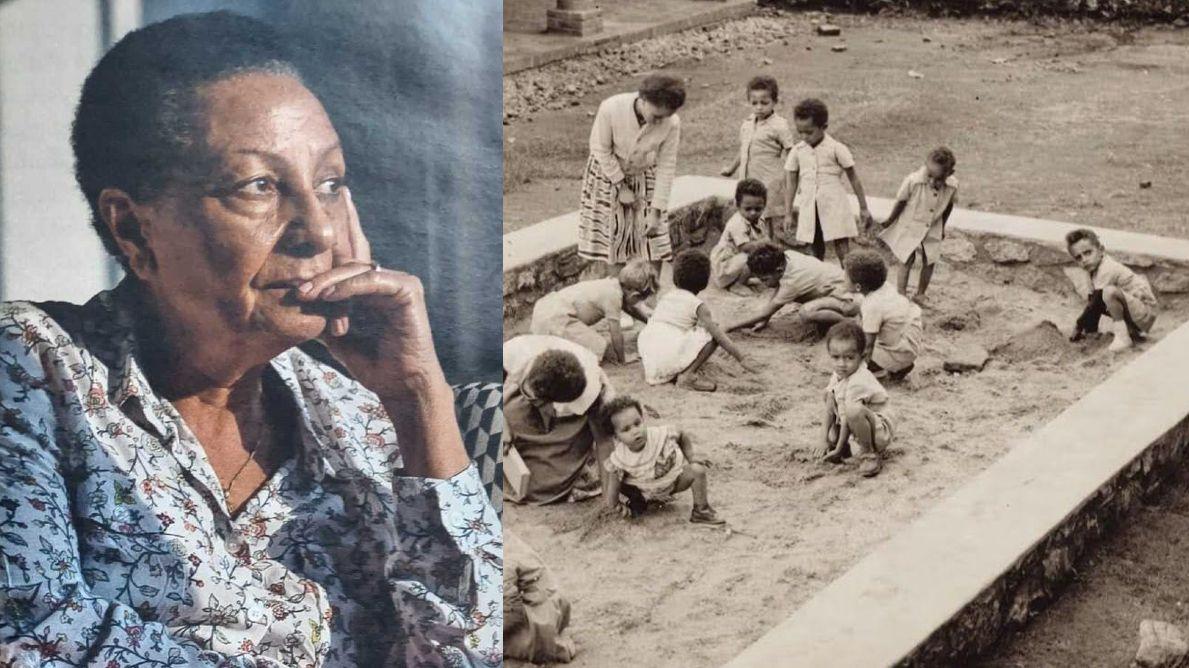
Mari-Jose bad at the age of four were separated from the family in the Belgian Congo in colonial times.
They moved more than 600 kilometers and placed in a Catholic orphanage to grow up among the strangers.
« We were ripped out of our environment and others with open wounds for the whole life, » says this 76-year-old today.
« They stole our youth and our childhood, » he adds.
Mari-Jose is just one of the thousands of children that the state systematically took away their families and placed in the institutes that managed the Catholic Church for their origin of the mixed race.
« I felt lost, I cried. I was separated from my mother and inserted among strangers that didn’t even speak my language.
« The only thing that it was in common was that we were mixed races, » Mary-Jose bad recalls.
For decades later, those and four other women who adults in the same Catholic mission were given a historical court battle for compensation.
But scars from their past are still deep.
Historical court decision
Monik Bitu Bingi, Lea Tavares Muring, Noele Verbeken, Simone Ngalula and Marie-Jose Poor Moši launched a court complaint against the Belgian government 2021. Years.
It was the first case in Belgium, which pointed out an example of a thousand children of white immigrants and black local women separated from their families during the 1940s and 1950s. Century.
In December, the Brussels Court of Appeals downed the earlier decision of the court to which too much time has passed to have the right to compensation.
The Court of Appeals ruled that the acts of the state were a crime against humanity – « a plan to seeking a black mother and white-father children systematically. » Why doesn’t this crime become obsolete.
Judges described the kidnappings as a « inhumane act of persecution ».
« This court decision is historical. It is the first time that the Belgian court recognized the crime against humanity for something that happened during colonization.
« This sets the precedent – not only for Belgium, but potentially for the former colonial forces around the world, » says Michel Hirch, one of the five women laws.
« The court decision not only recognizes the suffering of these five women: it already acknowledges that the crime committed the Belgian state itself », adds a lawyer.
Women at first look for compensation of 50,000 euros.
If they had lost, they would be obliged to pay compensation to the state based on the original requested figure.
But for Mari-Jose, the essence of this case is not in cash.
Like other victims, she wings trauma from childhood from their own children and grandchildren.
« We lived in shame and could not tell our children anything about such life.
« But thanks to our lawyers, we smoked the courage to testify, » she said.
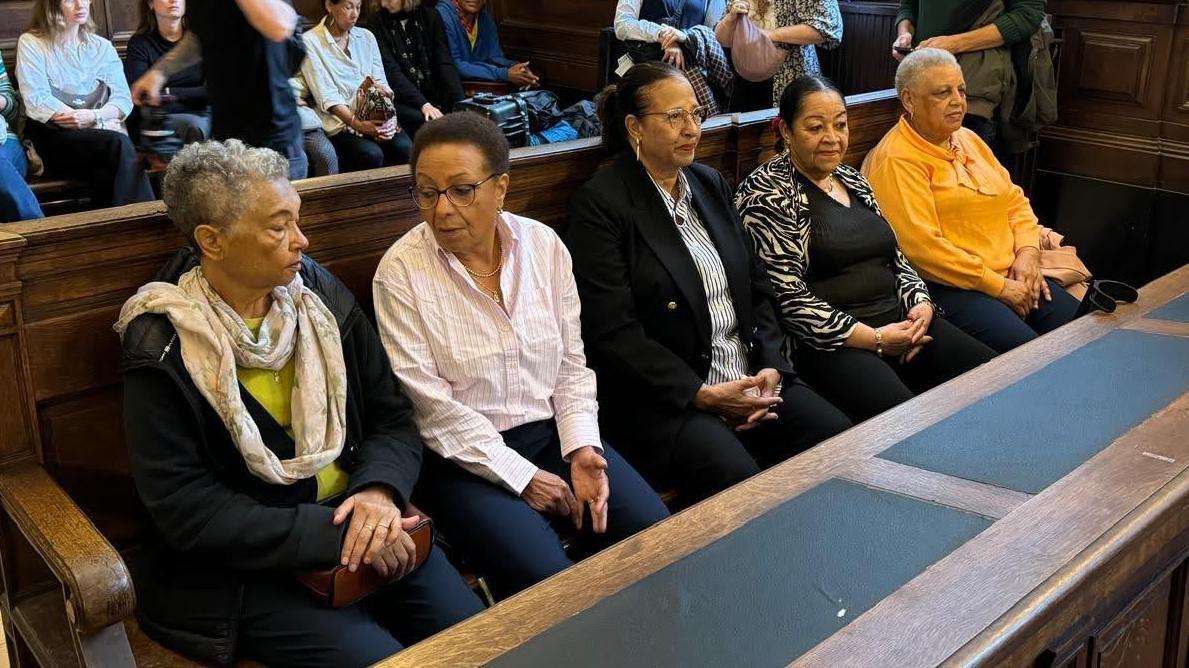
‘Abandoned by definition’
The Belgian government was in 2019. instructed an official apology for estimated 20,000 victims of forced separations from families in the modern democratic Republic of Congo, just like in Burundi and Rwanda.
It is impossible to know the exact number of methys (melage), or children of mixed race, which hit the county family, as well as countless other affected families, and the higher researcher of the Belgian Royal Museum for Central Africa doctor.
« In Rwanda and Burundi, children are brought to the internet much systematic than it was the case in Congo, » she says.
Dr. Kupens says it was due to the size of the countries, because they were smaller and less often inhabited since the Belgian Congo.
In addition to the internal relocation of children, the government sent children and in Belgium, often changing their surnames and separating the siblings without offering them citizens there when they became adult.
Dr. Kupens remembers the amazing case of two brothers, taken from their home and raised in various Belgian regions, which meant that one grew up by speaking Dutch, and the other French.
Only when they were in the 60s, they managed to find each other.
The incredible efforts in the authorities invested in the entire process was, according to Dr. Kupens, necessary to strengthen and maintain the colonial rule.
« From a colonial perspective, the moment the black woman gave birth to a mixed race, it was considered definition abandoned.
« Any child of mixed races was experienced as evidence that racial segregation could not be maintained. The boys perceived as potential rebels, and girls seemed to be their prostitution life, » the story of a scientist.
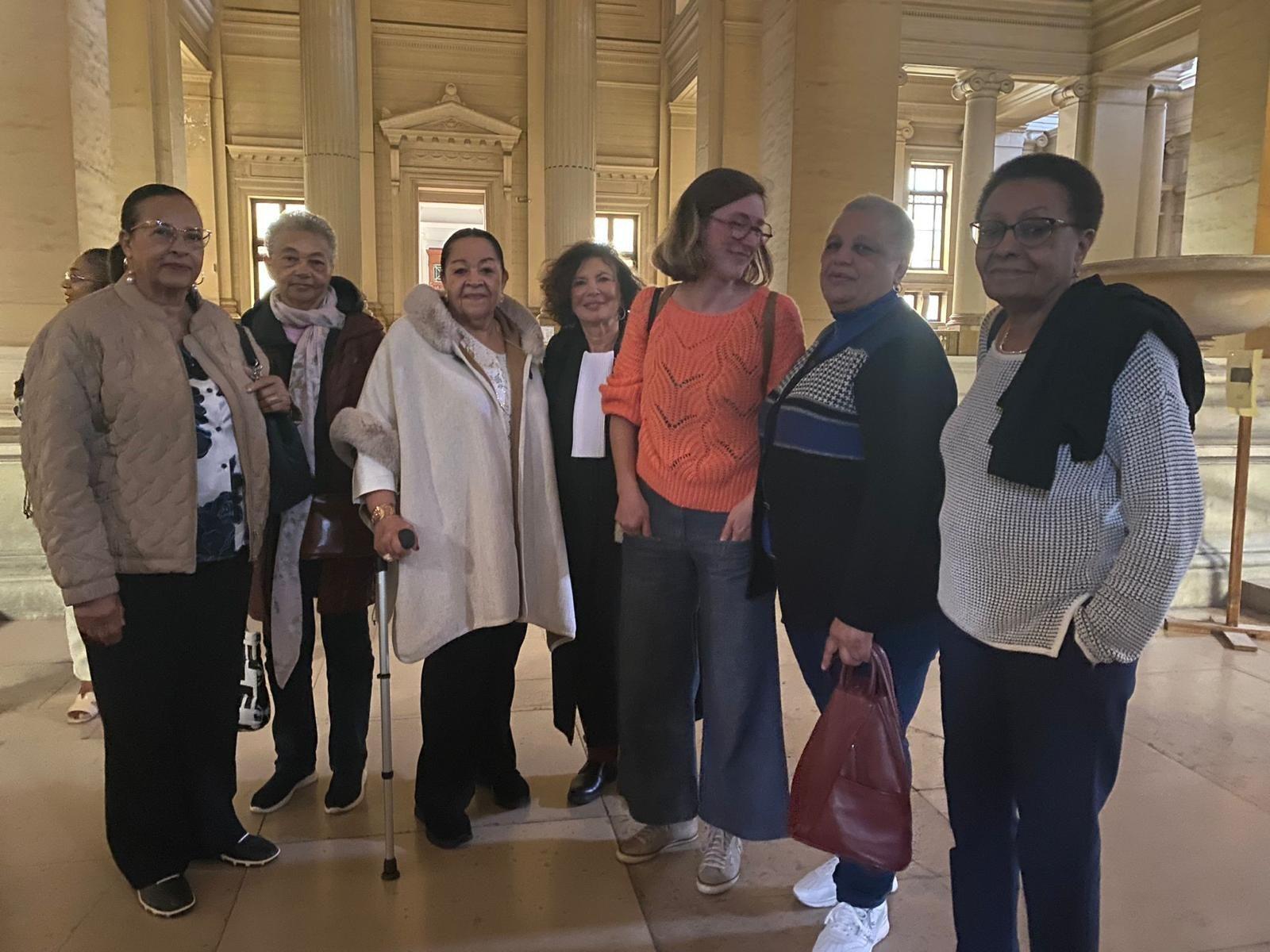
‘Victory for colonized peoples everywhere’
For a lawyer Michel Hirch, the verdict has the potential to crash the dam.
« This is a victory for colonized peoples everywhere.
« Other victims of this policy, thousands of those who have experienced the same things as my clients, they can now ask for justice, » she says.
« We must not forget that many of these people are no longer with us, but what about their descendants? There could be the basis for the successors of the victims that also seek justice, » he adds.
Hirch wants the Belgian parliament to adopt a law similar to Australian or Canadian reparation policies, according to which millions of dollars are paid to victims of systematic kidnappings and separation of indigenous children from their families.
Hirch, which inspired the discussion on reparations in Australia and Canada, believes that this case could make not only Belgium but also « other former colonial powers » to adopt a similar policy.
She believes this recent judgment could do much more in legal sense.
The fact that this case is defined as a crime against humanity and not obsolete, means that other types of crimes committed by colonial authorities could have compensation, no matter when they were.
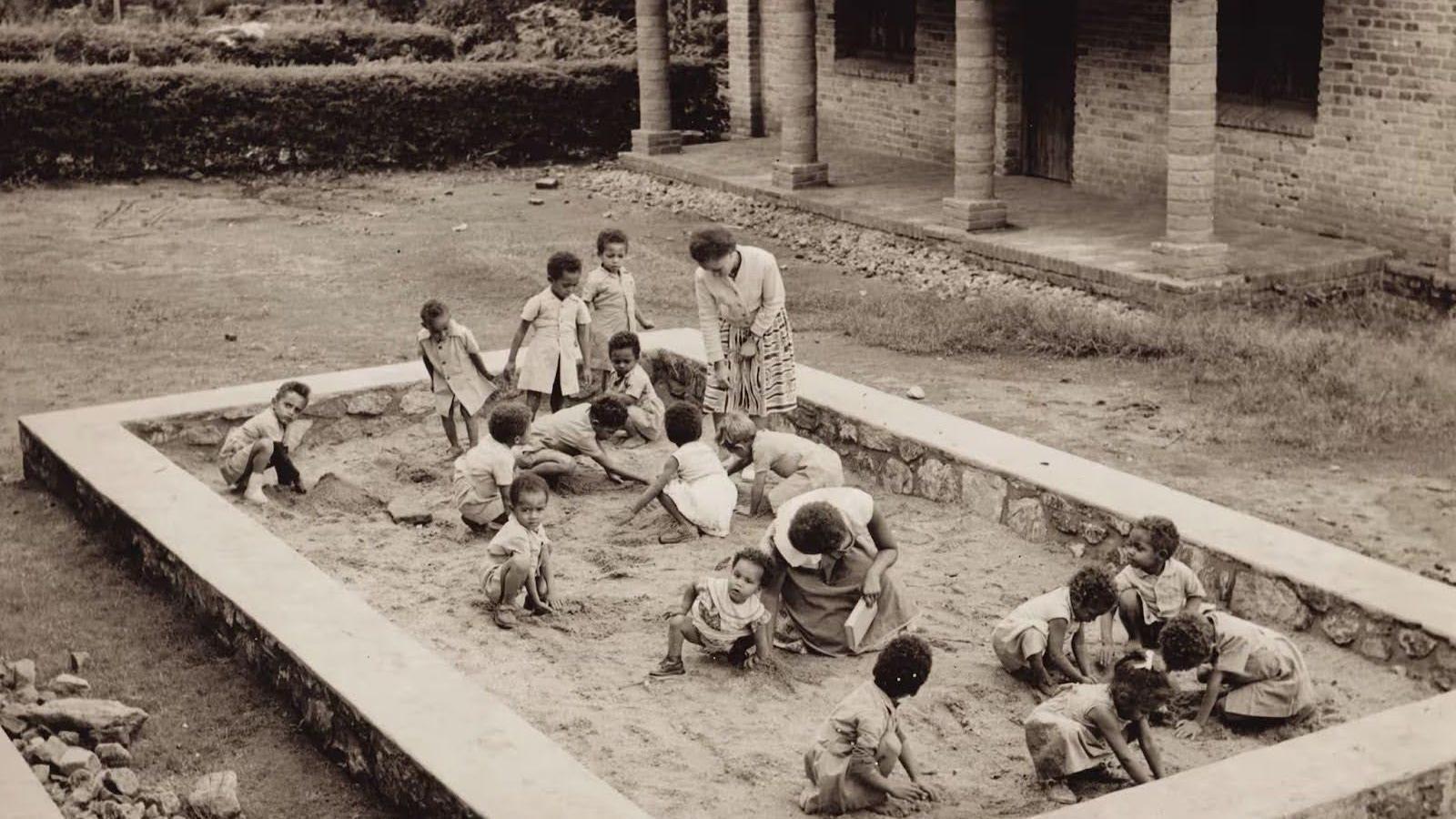
Permanent stigma
For Antoanet Umpnund, Stigma and the consequences of the policies of these colonies remain and are how real.
Its Association, Mites du Monde (people of mixed race of the world) based in Belgium, is founded to help people with heritage of mixed race in her birthridge Rwanda.
This group helps people mixed breed to connect with archives to find family members and collected funds for the youth to go to school, between other shares in the community.
Umpnund says one of the reasons why it was founded by Métis du Monda, which attended the colonial practice of separating children with mixed breeds.
« I grew up in the south of Rwanda near one of these Catholic institutions accepting children.
« I remember listening to the stories about the mothers who have ‘lost’ children, whose children were sent to Belgium and remember how I grew up asking about ‘Why?' » She’s.
Like many activists, the treasure was « eligible » when she heard about the latest verdict.
« This will have to open the door, nothing interests me, I think Belgium now has no choice and must begin to set up some questions.
« There are a lot of people who suffered like those women, and we won’t just sit here worthwhile, » she says.
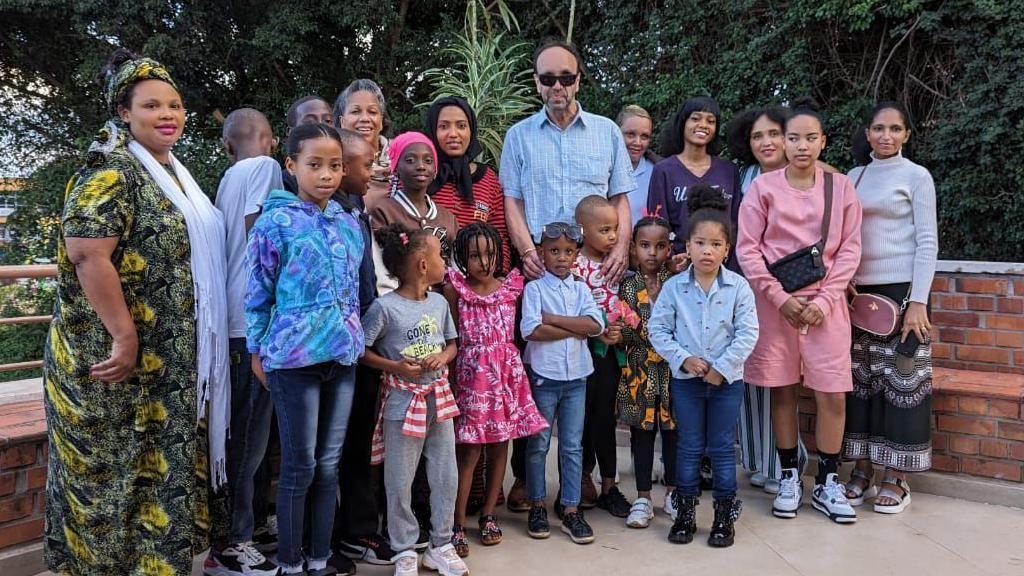
For the treasurement, which is the very mixed race itself, has a lot that can be done for methys living in rural areas still suffer from discrimination.
« People still ask me how to speak local language », she laughs.
He adds that « one of the things that speak methys in Rwanda is that their country and they have to find their own place in it. »
Speaking a few weeks after the Belgian judgment, Mari-Jose agrees with that.
« I have tears in my eyes as I speak, but the segregation we felt because we were mixed by the races until today.
« We don’t feel accepted, we’re not black, not even enough white, we don’t have places we feel as if he belongs, » she says.
« We’re walking highly upholsted heads now. The secrets we’ve kept for so long went on to see.
« If people want us to laugh or applaud us, it doesn’t matter. We did what we had to, because the burden was too big to carry it. »
Additional reporting: efrem gebreab
The BBC in Serbian is from now on and on the morning, follow us Here.
Follow us on Facebook, Twitter, Instagram, Jutjubu and Vajiberu. If you have a topic suggestion for us please contact (Email Protected)







